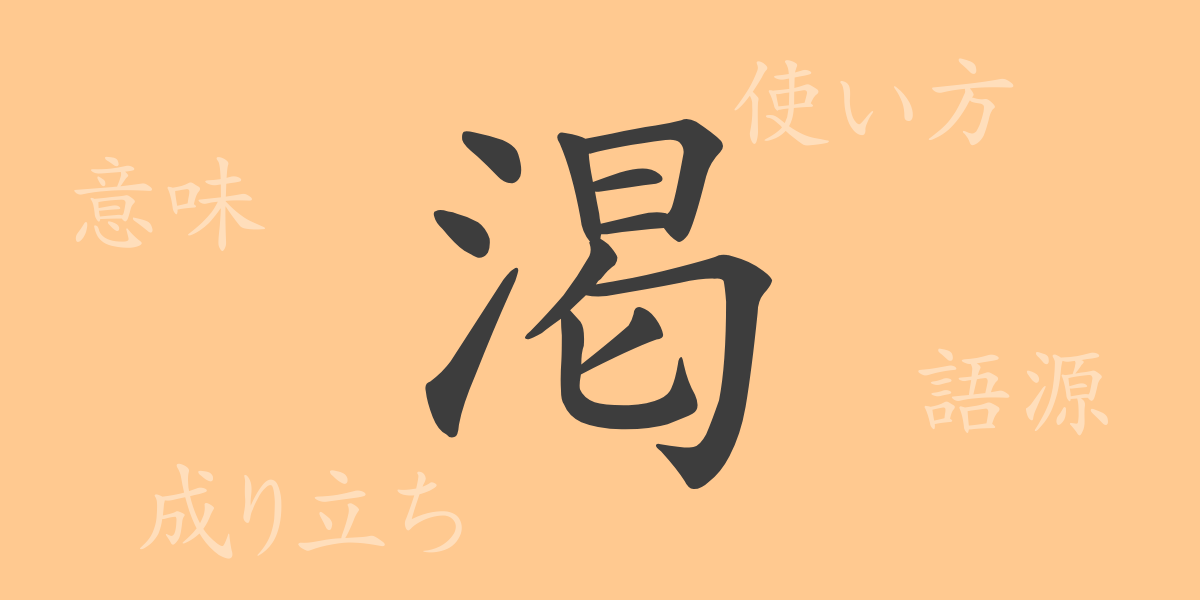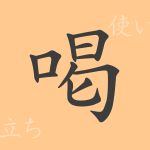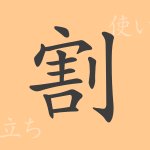When the flow of water ceases, life yearns for it. This profound thirst symbolizes something lacking in the world we live in. The kanji for “thirst” (渇)(Katu), in Japanese, carries more than just its literal meaning. In this article, we explore the world of “thirst” (渇), where ancient wisdom intersects with modern life, unraveling its rich history and usage.
The Origin (Etymology) of Thirst (渇)(Katu)
The kanji for “thirst” (渇)(Katu) originated from ancient China and originally meant the state of water becoming scarce and drying up. It evolved from pictographs, combining the character for “dry” (干) (Hi)with the radical “water” (氵) (Sannzui)to emphasize the lack of water. Over time, this form has evolved into the modern kanji for “thirst” (渇)(Katu).
The Meaning and Usage of Thirst (渇)(Katu)
“Thirst” (渇) (Katu)signifies a state of experiencing a strong desire due to a lack of water, that is, to “thirst” (渇く)(Kawa-ku). More broadly, it is also used to express a strong longing for something. For example, “thirst for” (渇望)(Katubou) represents a state of strongly desiring something, while “to thirst” (渇する) (Kas-suru)indicates being in such a state.
How to Read Thirst (渇)(Katu), Stroke Count, and Radical
The kanji for “thirst” (渇) (Katu)is an expressive character used particularly in Japanese to convey emotions.
- Reading: The on’yomi (Chinese reading) is “katsu” (かつ), and the kun’yomi (Japanese reading) is “kawa-ku” (かわく).
- Stroke Count: A total of 11 strokes.
- Radical: Water radical (さんずい)(Sannzui).
Idioms, Phrases, and Proverbs Using Thirst (渇) (Katu)and Their Meanings
There are many idioms, phrases, and proverbs in Japanese that include “thirst” (渇). For example, “thirst for” (渇望)(Katubou) means a strong desire or wish, “dry mouth” (口渇)(Koukatu) refers to the condition of wanting water due to dryness in the mouth, and the proverb “knowing the thirst of a single drop” (一滴の渇を知る) (Itteki-no-katu-wo-sir-u)teaches the importance of understanding hardship.
Summary on Thirst (渇)(Katu)
Through this article, we have gained a deeper understanding of the profound meanings carried by the character “thirst” (渇)(Katu), and its uses. The thirst we feel in our daily lives appeals not only to our bodies but also to our hearts. Moreover, the emotions represented by this single character enrich our language with expressive power. The next time you encounter this character, remember the history and meanings that lie behind it.

























